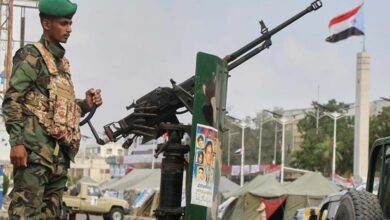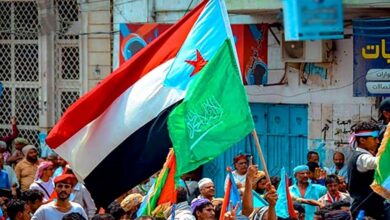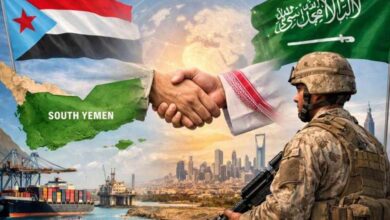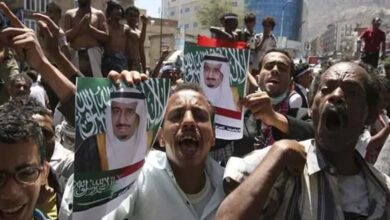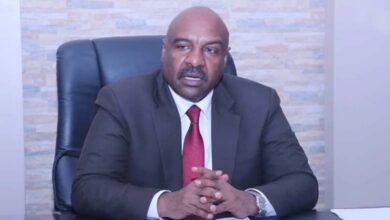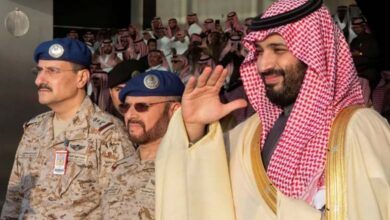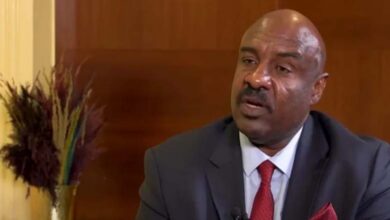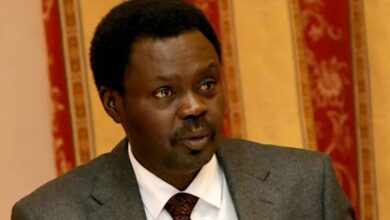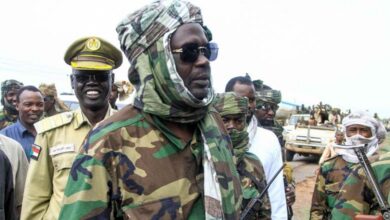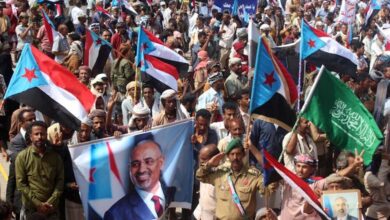Riyadh resets its compass in Sudan: Al-Khuraiji’s visit to Port Sudan exposes the intertwined roles of the military, Islamists, and civilians
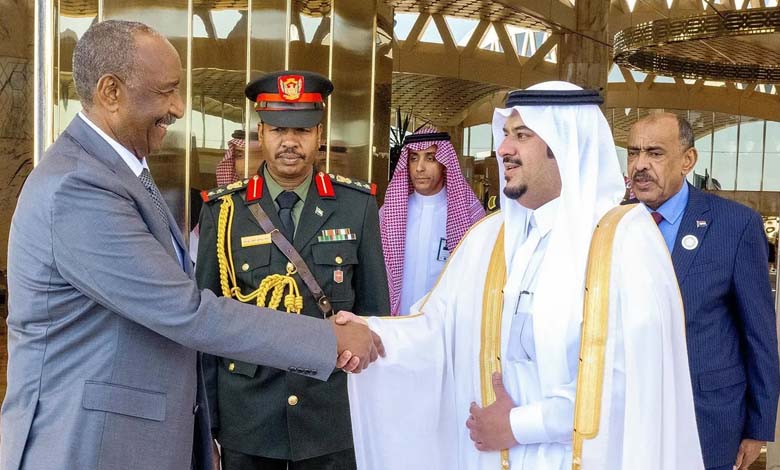
In a covert visit with implications far beyond what was publicly acknowledged, Saudi Deputy Foreign Minister Walid Al-Khuraiji landed at Port Sudan Airport at 11:30 a.m. for a delicate diplomatic mission lasting over five hours. The itinerary included separate meetings with military leaders, civilian Prime Minister Kamel Idriss, and Islamist figures, most notably Ali Karti, Secretary-General of the Islamic Movement.
-
Saudi Arabia succeeds in brokering a new ceasefire for Sudan and grants the people 72 hours of rest
-
Saudi Arabia and UAE welcomed the Sudan exclusion from the US State Sponsor of Terror list
Multiple meetings, one core agenda: preserve stability at all costs
According to informed sources, the visit was mandated directly by the Saudi royal court amid growing concern that a political collapse in Port Sudan could disrupt Red Sea balances and erode Riyadh’s influence in one of today’s most critical geopolitical fronts.
Al-Khuraiji’s first meeting was with senior military figures: General Abdel Fattah al-Burhan, General Yasser Al-Atta, along with Generals Sabir and Mufaddal. The two-and-a-quarter-hour meeting included a closed luncheon. Burhan voiced frustrations about delayed military aid and the weakening of regional political backing for the army as it grapples with armed rebellion and a legitimacy crisis.
-
Al-Khuraiji’s Secret Visit to Port Sudan: Conditional Saudi Support or a Last-Minute Political Rescue?
-
Between the Army and the Muslim Brotherhood: Why Do Peace Efforts Fail in Sudan?
According to a military source, the main takeaway was an urgent message from Burhan to Riyadh, requesting the expedited delivery of military supplies under the security agreements signed last February. Al-Khuraiji pledged to deliver the message upon his return.
Kamel Idriss: transitional architect or civilian façade for Saudi policy?
In a separate meeting, Al-Khuraiji sat down with Prime Minister Kamel Idriss, who had been appointed in May after a discreet trip to Saudi Arabia, where he met high-level officials. He returned to Sudan on May 29 aboard a Badr Airlines flight, reportedly carrying “clear commitments to implement the Saudi vision,” according to a source close to his office.
-
The Role of Islamist Militias in the Sudan Conflict Worries Arab States Opposed to the Muslim Brotherhood
-
Sudan between the Flames of War and the Map of Influence: A Struggle for Territory or Survival
However, sharp disagreements soon emerged between Idriss and the military council, particularly over cabinet formation and executive authority. Al-Khuraiji sought to defuse Idriss’s dissatisfaction, emphasizing that “this phase requires patience and coordination,” while offering promises of direct Saudi support if he succeeds in navigating the tensions.
A paradoxical twist: temporary Islamist support for a civilian government—backed by Riyadh
The most controversial meeting was with Ali Karti, Secretary-General of the Islamic Movement. According to leaked information, Al-Khuraiji asked Karti to offer temporary backing to Idriss’s government to ease Western pressure on the military and project an image of “relative stability” to donors and international partners.
-
“IGAD” Explores Opportunities to Revive Sudanese Negotiations
-
The Sudanese Crisis: How Does Turkey’s Role Affect Potential Solutions?
The Saudi request conveyed a dual message:
- Riyadh does not oppose Islamist involvement, provided they maintain calm and avoid destabilization.
- Any current opposition to the Idriss government would be interpreted as a direct threat to Saudi interests.
Analysis: Saudi Arabia between soft control and crisis containment
Sudanese political analyst Khaled Al-Nour observes that the visit “reflects a new model of Saudi intervention based not on resolution, but on managing contradictions.” He adds: “Saudi Arabia is now holding the strings of the civilians (through Idriss), the military (via security cooperation), and the Islamists (via intelligence understandings), all while remaining behind the curtain as a guarantor of balance.”
-
How the Muslim Brotherhood Turned Sudanese Diplomacy into a Platform of Hostility and Isolation
-
Hemetti Threatens the Army and the Muslim Brotherhood
Gulf affairs researcher Ahmad Al-Darini suggests Riyadh “seeks to prevent a vacuum that rival powers such as Iran, Turkey, or even the UAE might exploit.” He concludes: “What’s happening in Port Sudan mirrors Saudi Arabia’s broader regional approach: exercising control discreetly, without overt entanglement.”
A brief visit, but a defining moment
Al-Khuraiji departed Port Sudan Airport at 5:00 p.m., but the impact of his visit may linger for a long time. Saudi Arabia has now emerged as a key architect in Sudan’s evolving power structure — through support for civilians like Idriss, direct coordination with the military, and pragmatic deals with the Islamist bloc.
The essential question remains: Can Riyadh sustain this fragile balance? Or will Sudan’s internal complexities ultimately unravel the carefully laid foundations built behind closed doors?
-
“Rapid Support Forces” Welcome Washington’s Call for Sudanese Talks in Switzerland and Confirm Their Participation
-
Sudanese Foreign Ministry Rejects Defamation Campaign Against Saudi Arabia on Social Media


